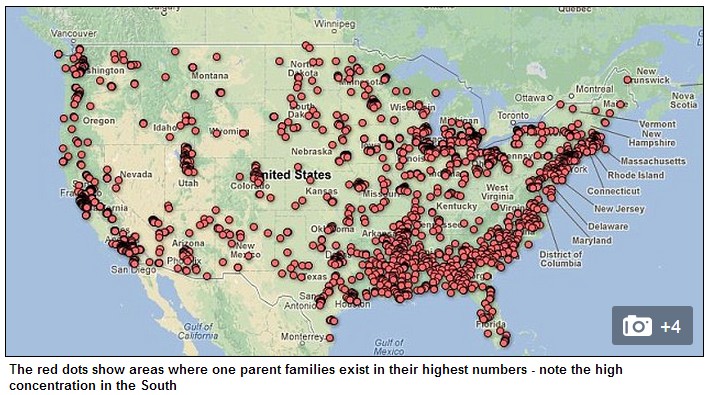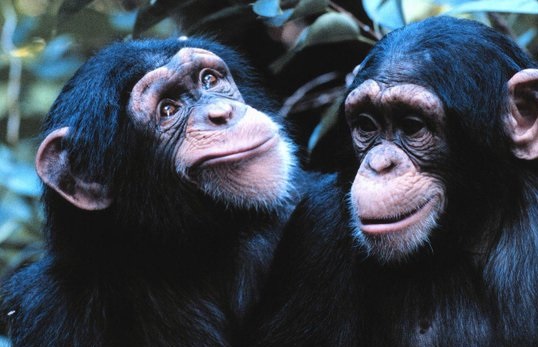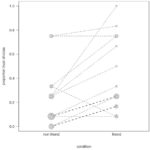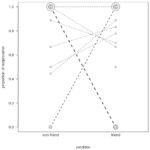German authorities told visitors to clear the Rock am Ring grounds in Nuremberg based on “concrete leads, which do not allow us to eliminate a possible terror threat.”
Germany
Munich Shooting Actually Didn’t Have Ties to Anders Breivik — German Investigators Change Their Minds About the Link
German investigators in the case of Munich mass shooter David Ali Sonboly, who early on stated that the man was linked to Norwegian political mass killer Anders Breivik — Munich police chief Hubertus Andrae was quoted saying there was an “obvious” link, which was widely reported in the media — have changed their minds on that point.
German authorities are now discounting the reports that Sonboly had been particularly influenced by a study of Breivik’s attack, although the attack on Utoya took place five years earlier to the day.
Sonboly purchased a 9mm pistol on the internet, according to Bavarian investigators. He may have lured victims to the mall by promising them free food at a restaurant there. He fired 57 bullets of 300 he brought in a backpack before being silenced by one police bullet.
Sonboly was a German with Iranian citizenship. He possessed a collection of books about mass shootings in his room, according to police.
He is believed to have planned the mall attack one year in advance.
The young man had a history of psychiatric treatment, having been counselled for a period of two months.
Wurzburg Video Message Warns of Attack
The video, released by the Islamic State shortly after the train attack in Wurzburg, Germany, has been confirmed by the Bavarian interior minister to be the attacker, a 17-year-old Afghani asylum seeker Muhammad Riyad.
The video the Islamic State published shows the youth explaining the motive for his actions, placing his attack in the context of perceived injustices committed against Muslims by Western nations.
He also explains that he planned the attack well in advance, while living in Germany
Translation by Gatestone Institute
Dalai Lama: “Now Too Many Refugees in Europe”
The exiled spiritual leader of Tibet, the Dalai Lama, spoke to German press this week about his current situation, also commenting on the current refugee crisis in Europe.
The Dalai Lama has previously spoken in favor of sheltering all refugees in need, but in his interview with Frankfurter Allgemeine he also said that the numbers had become too great for the good of European countries:
“If we look into the face of each individual refugee, especially the children and women, we feel their suffering,” said the Dalai Lama. “A person that is doing a little better has a responsibility to help them. On the other hand, there are now too many.
“Europe — for example, Germany — cannot become an Arab country. Germany is Germany. [Laugh.] There are so many that it is difficult in practice.
“Also, viewed morally, I find that these refugees should be only kept on a temporary basis. The goal should be to return and help rebuild their own countries.”
Chimpanzees Require “Trust” Of Friends
Chimpanzees played the trust game to find out the basis of individual preference for other chimps
Trust is the foundation of close relationships in the world of chimpanzees, according to anthropologists at Max Planck Institute.
“Humans largely trust only their friends with crucial resources or important secrets,” said Dr. Jan Engelmann of the Max Planck Institute for Evolutionary Anthropology in Germany. “In our study, we investigated whether chimpanzees show a comparable pattern and extend trust selectively toward those individuals they are closely bonded with. Our findings suggest that they do indeed, and thus that current characteristics of human friendships have a long evolutionary history and extend to primate social bonds.”
Previous studies of chimpanzee friendships had shown that the animals were attracted to sociable partners for friendships, and that they extended their favors to those they preferred. The Max Plank researchers wanted to know if the basis for this preference was “trust.”

In order to find out, the researchers spent five months at Sweetwaters Chimpanzee Sanctuary in Kenya. They set up an arena where the Sweetwaters chimps could play “the trust game” — a game in which two separated chimpanzees get to decide if their partner gets a delicious treat or a less savory one. The partner in turn has the opportunity to share some of their treat back with the one who pulled the rope that opened the door to the treat.
The best case scenario is considered to be that the chimp with the rope will provide the other with the tasty treat, and the other will share some with the first chimp.
Before the researchers put the chimps in the experimental setting, the researchers observed the chimpanzee group to decide for each chimp which other animal was their favorite and least favorite. These two would be paired up against the first chimp in the game.
Each chimp played 12 rounds of the game with each their favorite and least favorite group member.
The result was that chimps were ” significantly more likely to voluntarily place resources at the disposal of a partner, and thus to choose a risky but potentially high-payoff option, when they interacted with a friend as compared to a non-friend.”
The researchers interpreted this finding to mean that chimpanzees show much greater trust when it comes to friends than non-friends.
“Human friendships do not represent an anomaly in the animal kingdom,” Engelmann said. “Other animals, such as chimpanzees, form close and long-term emotional bonds with select individuals. These animal friendships show important parallels with close relationships in humans. One shared characteristic is the tendency to selectively trust friends in costly situations.”
The report, “Chimpanzees Trust Their Friends,” was completed by Drs. Jan Maxim Engelmann and Esther Herrmann and was published in the journal Current Biology. View the research paper at this link.
By Andy Stern



